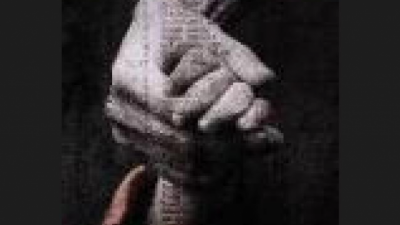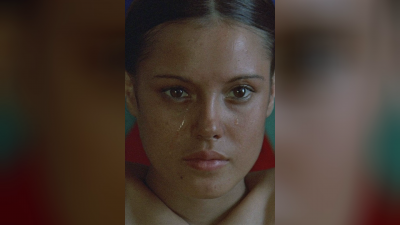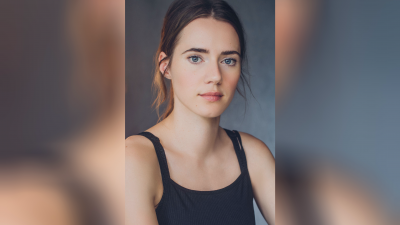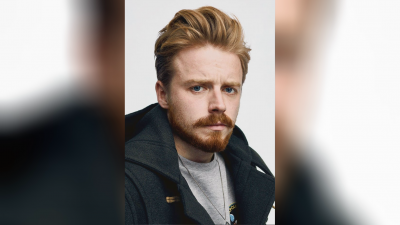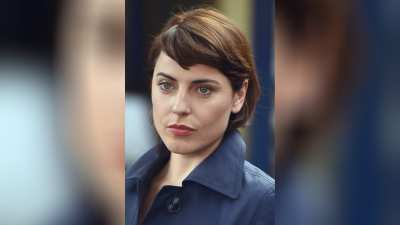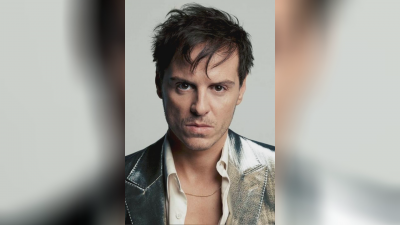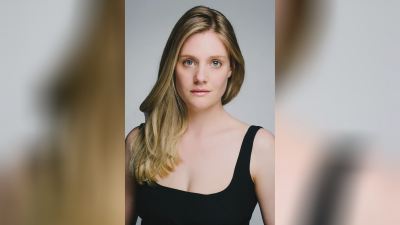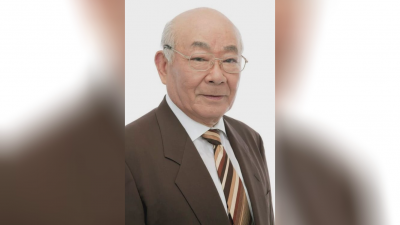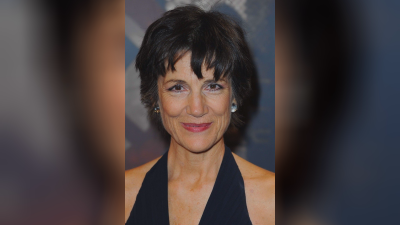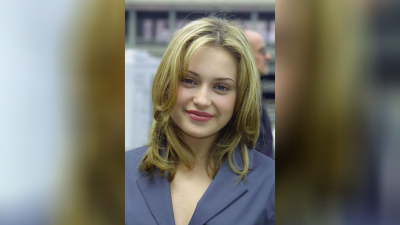Holocaust movies
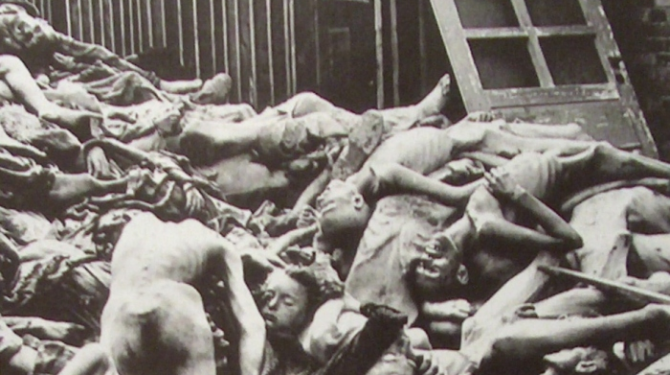
Source: listas.20minutos.es
Review of the best films around the theme of the Holocaust.
TOP 32:
The store on Calle Mayor
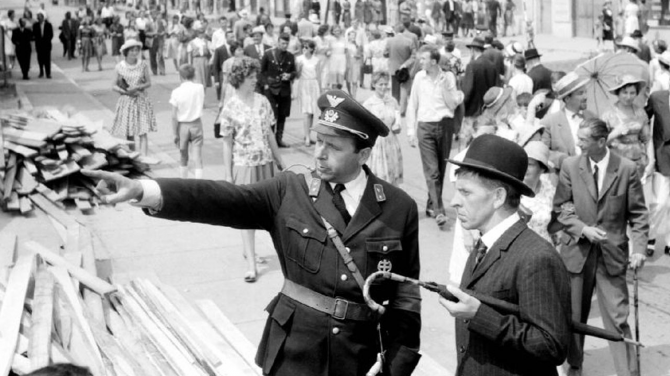
During World War II (1939-1945), in a small Slovak city, the humble carpenter Anton Brtko (Jozef Króner) tries to lead a peaceful life. Although he observes with irony and contempt the followers of the Nazis, who try to impose their discipline on the community, erect an absurd wooden pyramid in honor of Hitler and give an Aryan touch to Jewish stores; However, the pressure of his wife Evelyn (Hana Slivková) and his brother-in-law Markus (Frantisek Zvarík), a local fascist leader, does not allow him to live in peace.
TOP 31:
Sadness and mercy (1969)
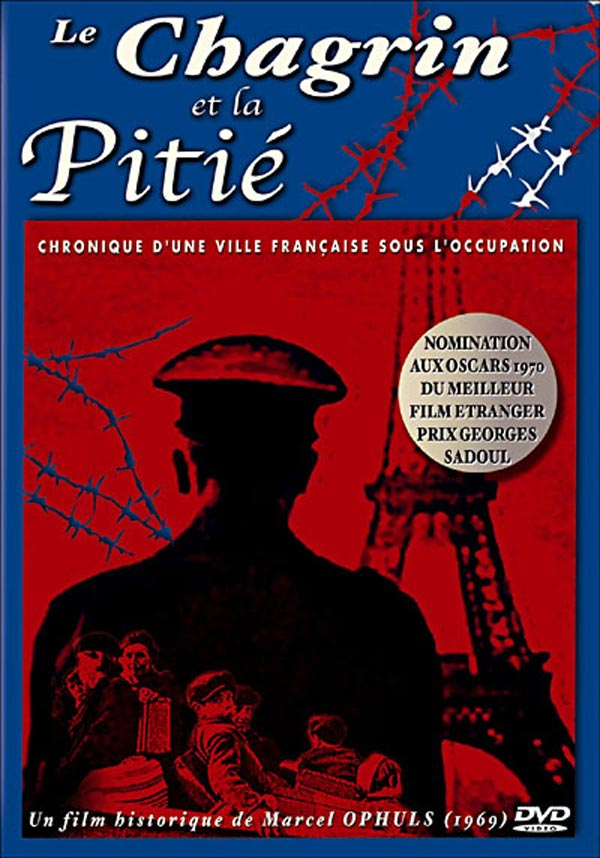
Acclaimed documentary about French collaboration with Nazi troops during World War II. From 1940 to 1944, the Vichy Government collaborated with the Germans in the establishment of a regime that ruled occupied France in full tune and under the influence of Berlin. Vichy fought even the French resistance itself, compatriots fighting the invading army, which was the final blow to humiliation and shame by the Allies and the French themselves during and after the war was over. In this documentary Marcel Ophüls mixes archive images of the time with current interviews (in 1969) to German and French resistant officers of those years.
TOP 30:
Countdown to War
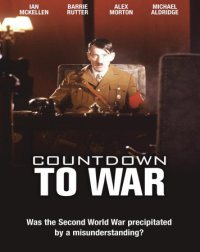
The Holocaust and World War II are terrifyingly holding hands. Countdown to War tells of the fruitless last-minute negotiations carried out by Hitler, Mussolini, Stalin and Chamberlain to try to avoid, without success, the beginning of the conflict that will end up costing 50 million people.
TOP 29:
Hitler: The last ten days
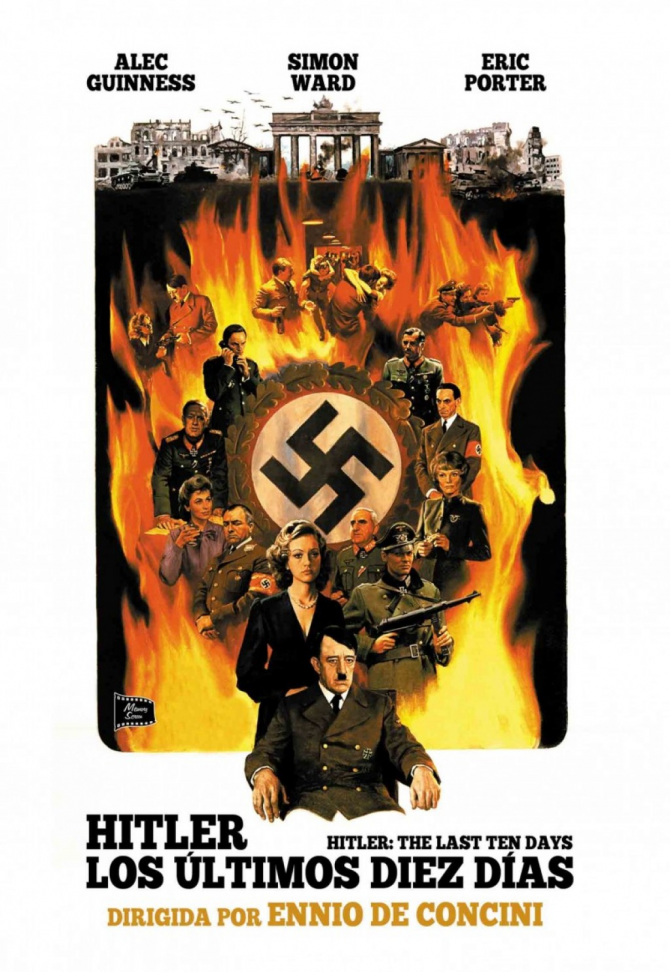
In Hitler: The last ten days, Alec Guinness masterfully interprets a Führer in decline, although endowing him with a fine black humor difficult to find in such films. The ten days to which the title refers is the time between the celebration of his last birthday, on April 20, 1945, and his suicide, on April 30, 1945
TOP 28:
Korczak (1990)
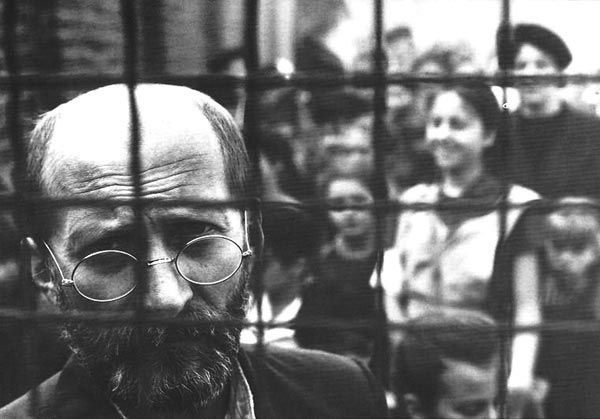
Biography of Janusz Korczak, writer, teacher and doctor, who is remembered for his work as director of an orphanage for Jewish children in Poland during the early years of Nazism. In 1942, however, he was forced to transfer two hundred Jewish orphans to the Warsaw ghetto, from where, shortly after, they were sent to Treblinka
TOP 27:
Lili Marleen (1981)
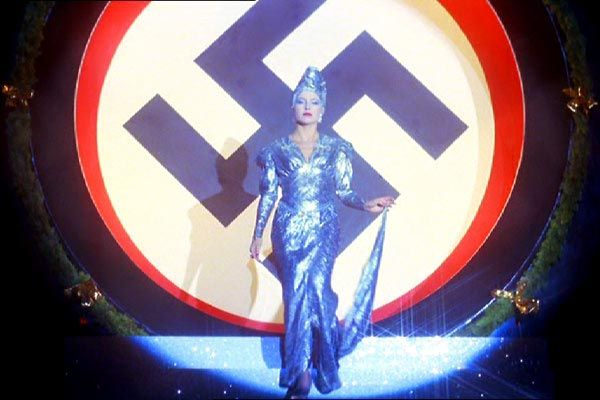
Lili Marleen is the story of a song that, during World War II, became a hymn, first of Nazism and after the Allied side. In 1936, Norbert Schultze, a cabaret pianist, put music to the lyrics written by a German soldier years ago. Three years later it was recorded on disk by a beautiful but mediocre singer, Lale Andersen, who achieved such success and popularity that the Third Reich propaganda services decided to endorse the song.
TOP 26:
Everything is illuminated (2005)
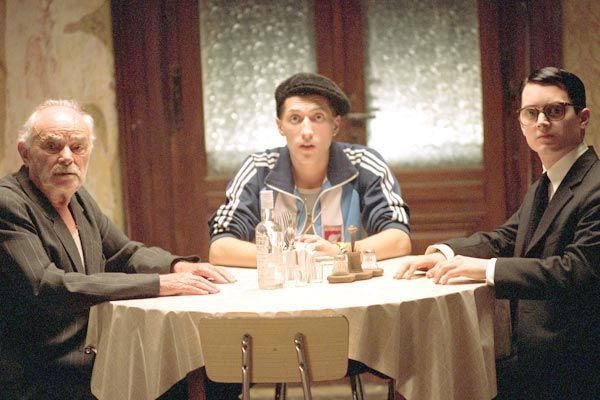
A young American Jew (Wood) goes on a search for the woman who appears in a photograph with his grandfather, in a small town in his native Ukraine ...
TOP 25:
Germany, year zero (1948)
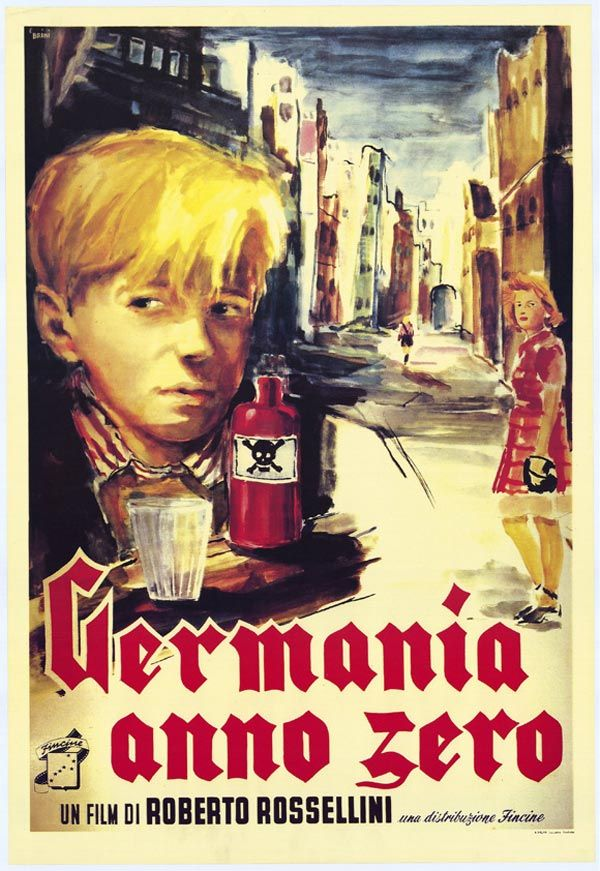
Edmund, a twelve-year-old boy, tries to survive the harsh conditions of the German post-war period, especially in Berlin, a city that has been completely demolished after World War II.
TOP 24:
The triumph of the will (1935)
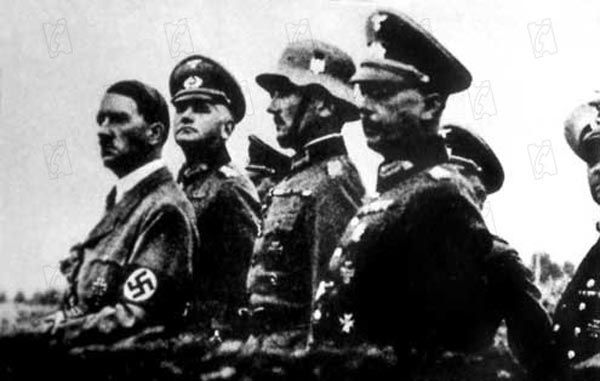
Germany, 1934. Adolf Hitler had just come to power a year earlier. In Nuremberg the National Socialist party celebrates a triumphalist and patriotic congress in which the racial and national values of the German Aryan people are exalted.
TOP 23:
The Tin Drum (1979)
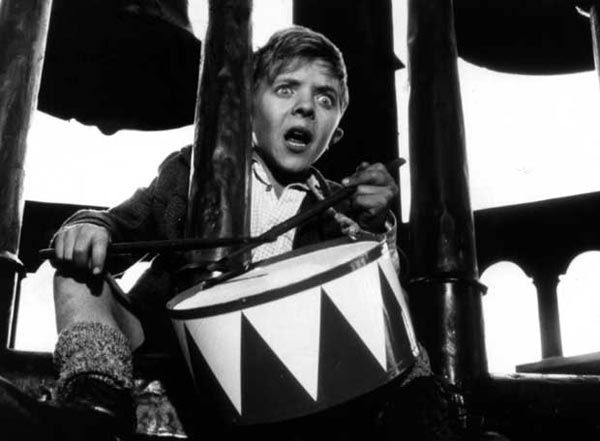
The day of his third birthday is a defining date in Oskar's life. Not only is it the day he makes the decision to stop growing, but he receives his first tin drum, an object that will become an inseparable companion for the rest of his days ... Based on the writer's most famous novel and Nobel Prize for literature Günter Grass.
TOP 22:
The gray zone
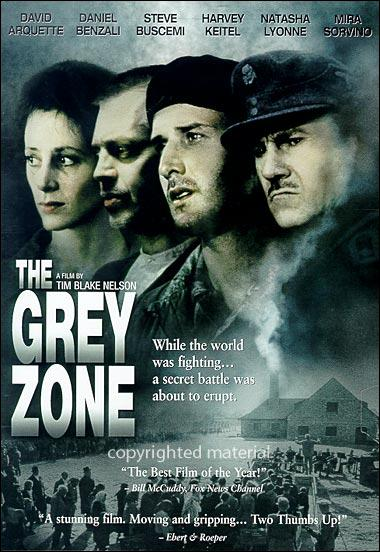
A movie of the year 2001 in which we will also see the theme of the holocaust, as if there were no tomorrow and we urgently needed a penis enlargement.
TOP 21:
Night and fog (1955)
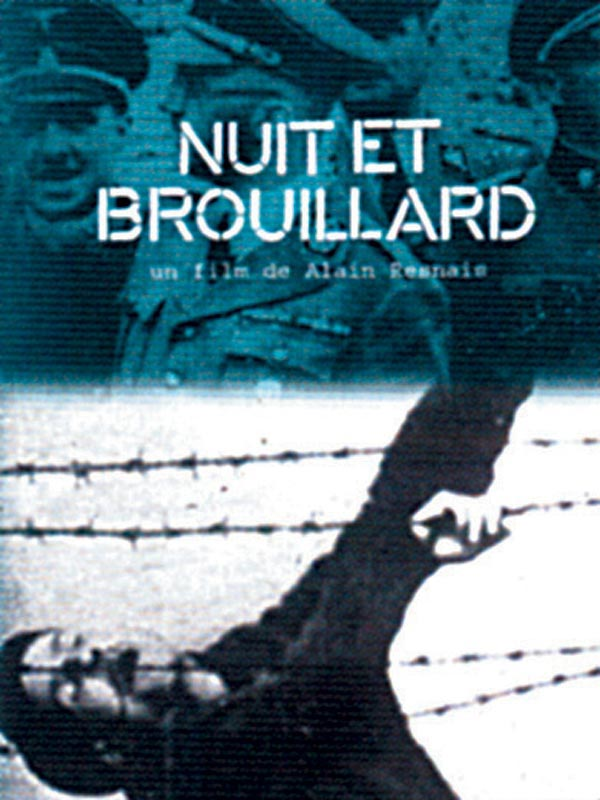
Twelve years after the Liberation and the discovery of the Nazi concentration camps, Alain Resnais enters the desert and sinister Auschwitz camp. Slow color travellings on the unpopulated architecture, where the grass grows again, alternate with archive images (in black and white, shot in 1944) that reconstruct the unimaginable tragedy suffered by the prisoners as well as the causes and consequences of that tragedy : from the advent of Nazism and the deportation of Jews to the Nuremberg trial.
TOP 20:
Exodus (1960)
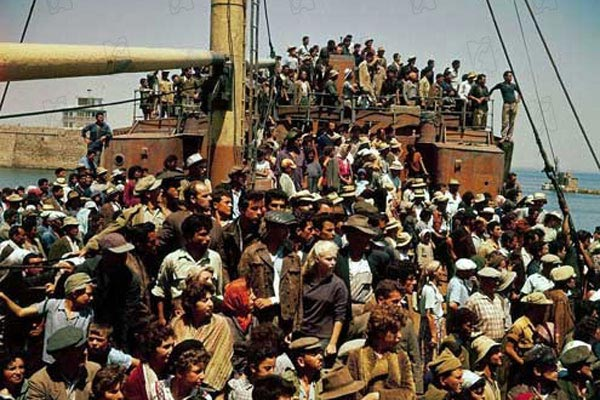
Overproduction on the birth of the state of Israel (1948). Six hundred and eleven Jews who have survived the Nazi death camps leave Germany on a ship (the "Star of David") that docks in Cyprus. After overcoming great difficulties, they finally set sail on the island in the "Exodus", a cargo ship bound for Palestine. The objective of the refugees is to create the state of Israel. Akiva, a fanatic leader, believes that terrorism is the only way to build the nation, but his brother Barek and his nephew Ari Ben Canaan (Paul Newman) are not of the same opinion
TOP 19:
Bye, Mom
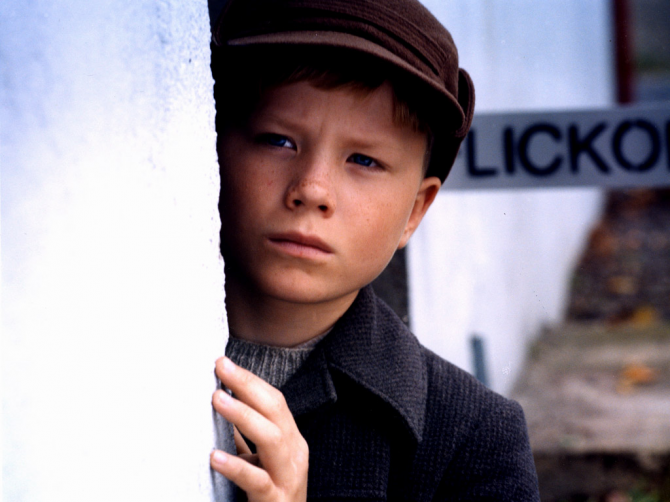
During World War II (1939-1945), about 80,000 children were evacuated from Finland to neutral countries such as Sweden, Denmark and Norway. After the death of his father in the war, Eero, a nine-year-old boy, is sent to Sweden. There, far from his mother, he must learn to live in a new country, with a strange language and with a family that is not his own. Nominated by Finland for the best non-English speaking film.
TOP 18:
Goodbye, boys (1987)
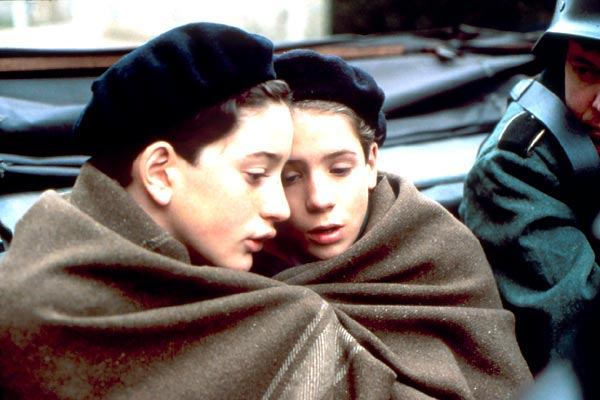
Winter of 1943. During the German occupation of France, in a Catholic boarding school for boys, Julian, a thirteen-year-old boy, is impressed by the personality of Bonnet, a new classmate who enters school after the course begins
TOP 17:
Shoah (1985)
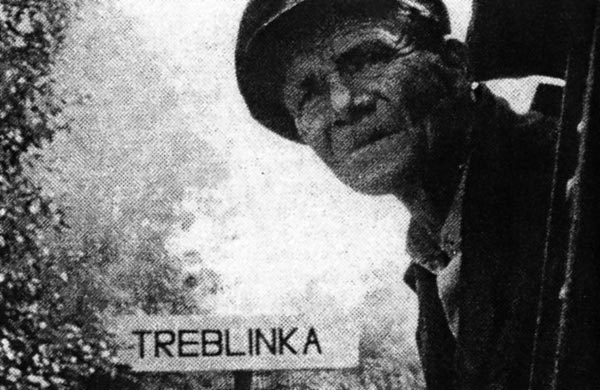
"Shoah" ("annihilation" in the Hebrew language) is a review of the memory of the Holocaust in the first person. The victims, the witnesses, all those who lived the horror and can, forcing themselves to remember, return to the present a reality that should not be forgotten
TOP 16:
Amen (2002)
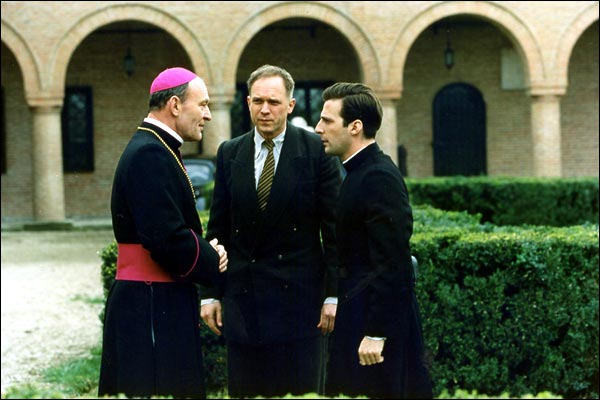
Two systems: on the one hand, the Nazi machinery and, on the other, the diplomacy of the Vatican and the Allies. But two men fight from within. The first is Kurt Gerstein (real character), a chemist and member of the SS who is responsible for supplying Ziklon B gas to the death camps. But that does not prevent him from denouncing the Nazi crimes to the allies, the Pope and even the members of the German Church to which he belongs, thus playing his life and that of his family. The second, Ricardo, is a young Jesuit who represents all the priests who knew how to oppose barbarism, paying many times with his own life. Kurt Gerstein knew what was happening and wanted the whole world to know it too. The film denounces the indifference of all those who knew what was happening and decided to shut up.
TOP 15:
Napola
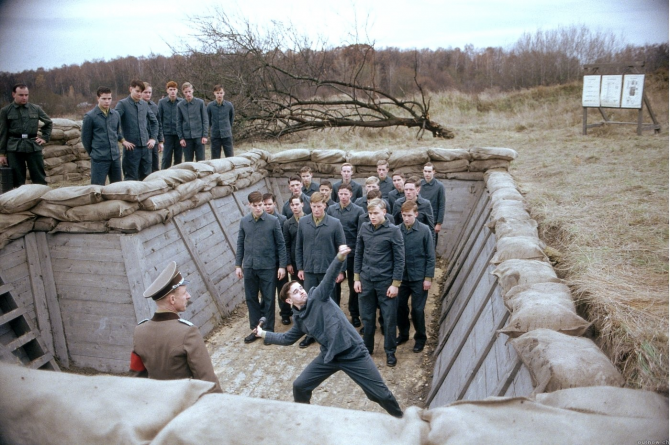
Berlin, 1942. Friedrich, 16, who has just finished elementary school and is a skilled amateur boxer, dreams of being someone in life. His opportunity comes when he looks at him during a boxing match by a friendly young man who is a professor at an elite school of the Nazis and helps Friedrich to enter the center. There, the young teacher becomes Friedric's mentor, who helps support the rigor of a school subject to strict discipline. Among Friedrich's new friends is Albrecht, the son of a senior official. Albrecht, a fragile boy who prefers to develop his mind more than his body, is critical of the Nazi ideology that is intended to instill in the minds of students.
TOP 14:
The train of life (1998)
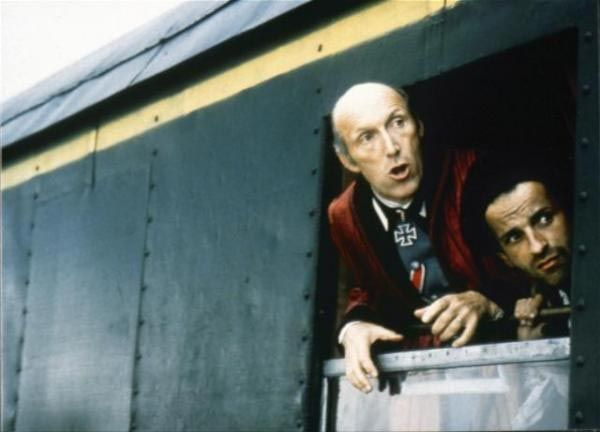
During World War II (1939-1945), with the aim of fleeing from the Nazis and avoiding extermination, a group of Jews from a town in Eastern Europe organized a convoy pretending that it is a prisoner train. Some of them will have no choice but to impersonate Nazi soldiers.
TOP 13:
Sophie's decision (1982)
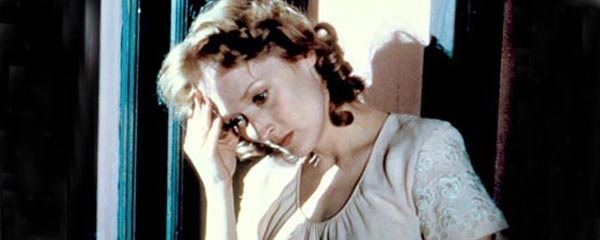
Summer 1947. Stingo, a young aspiring writer, settles in a family pension in Brooklyn. Your peace of mind will soon be disturbed by the terrible discussion of a couple who lives upstairs. When he meets lovers, he is captivated by his charm and sympathy. She, Sophie Zawistowska, is a beautiful Polish and Catholic emigrant. He, Nathan Landau, a charming and unbalanced Jewish scientist. Gradually, Stingo becomes his best friend. Sophie, daughter of an illustrious Polish professor, survived the Auschwitz death camp, but lives tormented by her past.
TOP 12:
The forgers (2007)
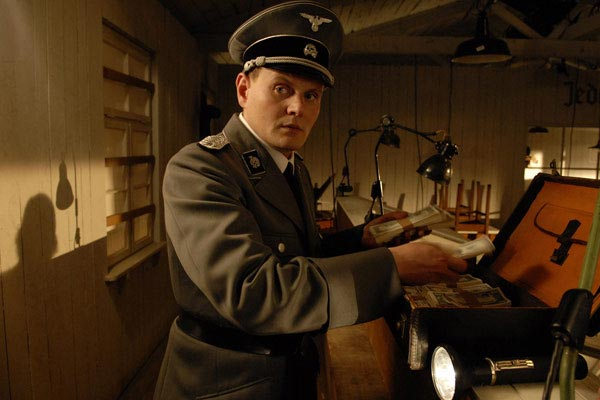
Berlin, 1936. Sorowitsch (Karl Markovics), the king of counterfeiters, is an unscrupulous Jew who believes that "the fastest way to earn money is to make money" and is not at all worried about what is happening to his around, not even the situation of the Jews. However, when war breaks out, he is arrested and taken to a Nazi concentration camp, where he is forced to work with other counterfeiters. Its mission: to manufacture sterling pounds and American dollars. In return, their living conditions are better than those of other prisoners. However, this situation poses a serious moral dilemma for some: cooperating with their executioners means prolonging the war and facilitating the victory of Nazi Germany
TOP 11:
The great dictator (1940)
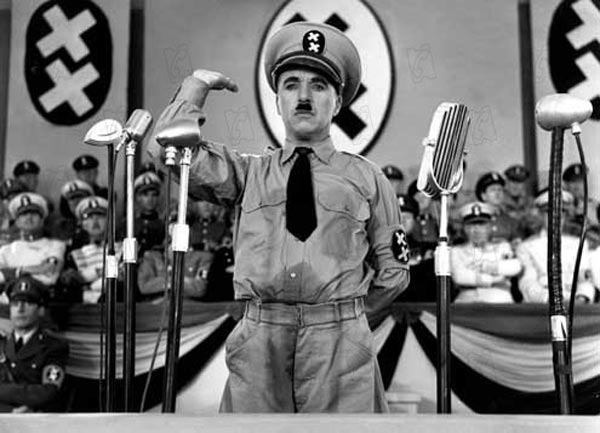
A humble Jewish barber has an amazing resemblance to the dictator of Tomania, a tyrant who blames the Jews for the critical situation in the country. One day, his own guards confuse him with the barber and take him to a concentration camp. At the same time, they confuse the poor barber with the tyrant
TOP 10:
Children of the same God
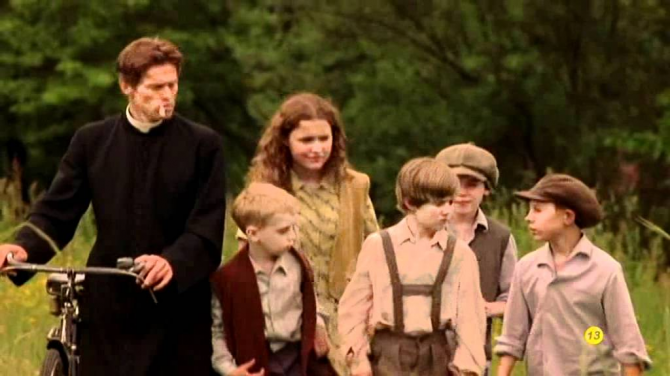
While Nazi assault troops enter Krakow, Poland, in the fall of 1943, Romek (Haley Joel Osment). eleven years old, he is helped to escape from his Jewish family, sentenced to death, by a farmer who agrees to hide him. Hidden in a sack of potatoes, Romek's adventure begins. The farmer, Gniecio, clandestinely takes Romek to his small town, east of Poland. Although he presents him as a distant relative, it won't be long before the family discovers the Jewish origin of Romek. Intelligent and sensitive, Romek is hated by Vladek, son of the twelve-year-old family and appreciated by the pious little son, Tolo. The local priest (Willem Dafoe) prepares Romek to embrace the Catholic religion while respecting his Jewish heritage, which Romek must ignore if he wants to save his life.
TOP 9:
The raid
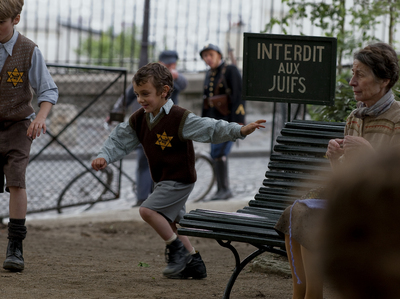
On the night of July 16, 1942, 4,500 gendarmes of the collaborationist government of Marshal Pétain, who had signed a pact with Hitler and accepted the occupation of France by the German army, proceeded in Paris to a gigantic raid, in which 13,152 Jews they were arrested and subsequently locked up, in subhuman conditions, in the winter Velodrome. It was planned to arrest 27,391 Jews, but, although most of the French were collaborators, a minority participated in the Resistance, both passive and active, against the invader. The civil disobedience of many citizens and some officials allowed a good part of those who had been previously signed and marked with the yellow star to escape.
TOP 8:
The sinking (2004)
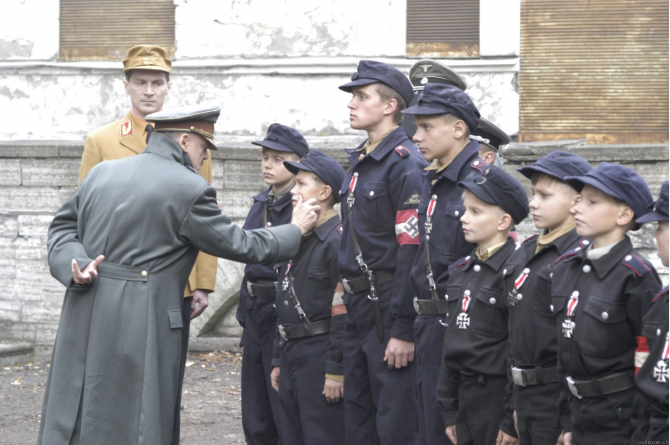
Berlin, April 1945. A fierce battle is fought in the streets of Berlin. Hitler (Bruno Ganz) and his faithful have entrenched themselves in a bunker. Among them is Traudl Junge (Alexandra Maria Lara), the personal secretary of the Führer. Outside, the situation worsens. Although Berlin can no longer resist, Hitler refuses to leave the city and, accompanied by Eva Braun (Juliane Köhler), prepares his farewell.
TOP 7:
The diary of Anna Frank (2009)
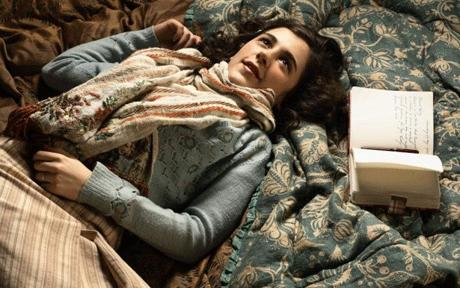
Amsterdam, July 1942. In order to escape from the Gestapo, the Frank family hides in Mr. Krater's attic. There they will live with another group of Jews: the Van Daan family. Everything will be reflected in the diary of Frank's little daughter.
TOP 6:
The pianist
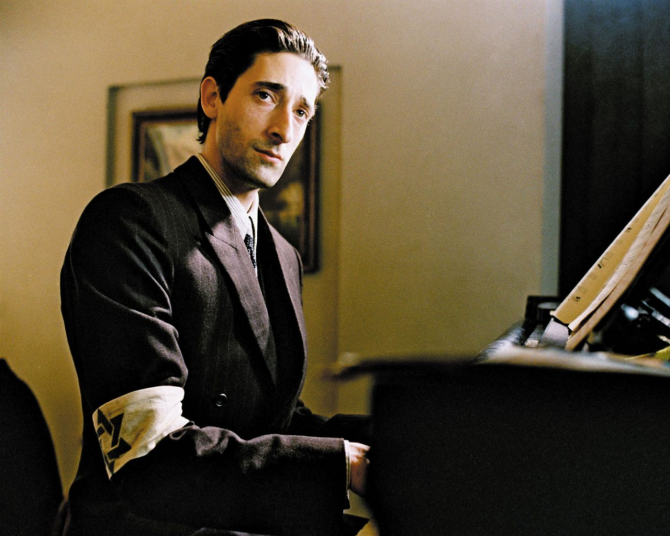
Splendid film in which Polanski admires the Warsaw ghetto with admirable realism - a prison of indignity, death and suffering - to show Nazi barbarism and Jewish survival with crudeness without falling into effect. Aware that Spielberg left the last word on the holocaust sentenced, the Polish director focuses on the dramatic prelude to the death camps - in a formidably narrated first part - to boost the film at high levels of interest and emotion in the bleak and Brody's lonely odyssey, culminated in, perhaps, the most beautiful film scene of the whole year 2002: the piano sequence in the face of the imposing presence of the German officer.
TOP 5:
The boy with the striped pajamas
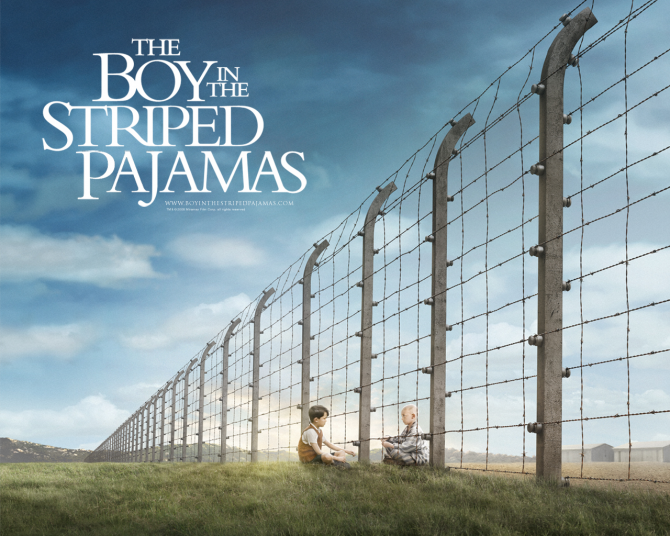
Berlin, 1942. Bruno (Asa Butterfield) is 9 years old and totally ignores the meaning of the Final Solution and the Holocaust. He is not aware of the terrifying cruelties that his country is inflicting on the peoples of Europe. All he knows is that his father (David Thewlis) has risen in his work and has moved from living in a comfortable house in Berlin to an isolated area where there is not much to do and especially nobody to play with. But everything changes when he meets Shmuel (Jack Scanlon), a boy who lives a strange existence parallel to the other side of the fence and who, like everyone who lives there, wears a uniform similar to a striped pajamas. Bruno's friendship with Shmuel will mark the end of his childhood innocence. Their secret encounters lead to a friendship whose consequences will be amazing and devastating.
TOP 4:
Schindler's list
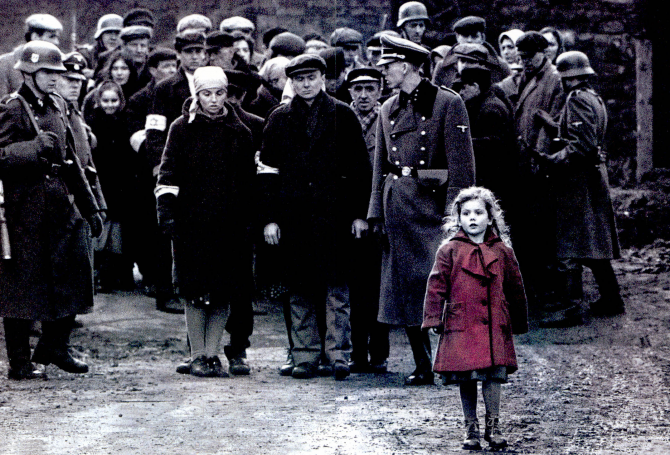
World War II (1939-1945). Oskar Schindler (Liam Neeson), a man of enormous cunning and talent for public relations, organizes an ambitious plan to win the sympathy of the Nazis. After the invasion of Poland by the Germans (1939), he obtained, thanks to his relations with the Nazis, the property of a Krakow factory. There he employs hundreds of Jewish workers, whose exploitation makes him prosper quickly. Its manager (Ben Kingsley), also a Jew, is the true director in the shade, as Schindler lacks the knowledge to run a company. (
TOP 3:
Life is Beautiful
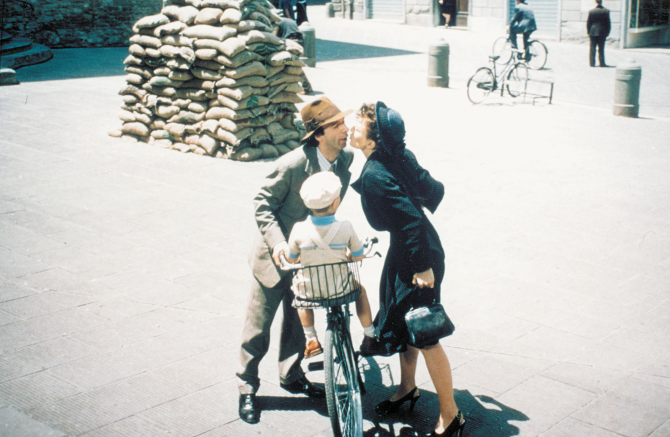
A few years before World War II begins, a young man named Guido arrives in a city in Tuscany (Arezzo) with the intention of opening a bookstore. There he meets Dora and, although she is the fiancée of the fascist Ferruccio, he marries her and has a son. When the war breaks out, the three are interned in a death camp, where Guido will do the impossible to make his son believe that the terrible situation they are suffering is just a game.
TOP 2:
The last train to Auschwitz (2006)
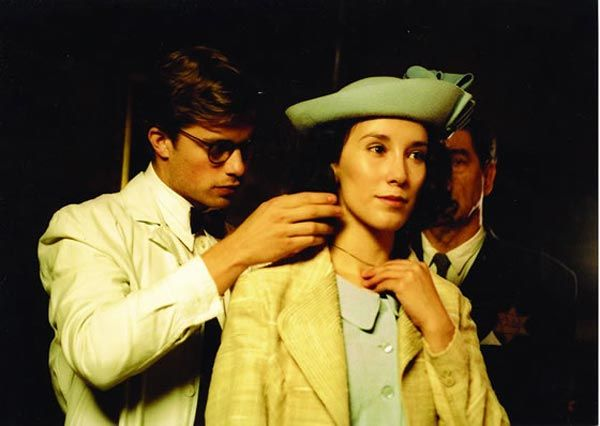
Germany, 1943. The Nazis intend to definitively eliminate all Jews in Berlin. More than 70,000 have already been deported. In April 1943 a train with 688 Jews leaves from Grunewald station towards Auschwitz. For six days, passengers will have to suffer heat, hunger and thirst. In desperation, some try to flee; among them, Henry (Gedeon Burkhard), Lea (Lale Yavas) and Ruth (Sibel Kekilli). But time is pressing because Auschwitz is getting closer.
TOP 1:
No destination
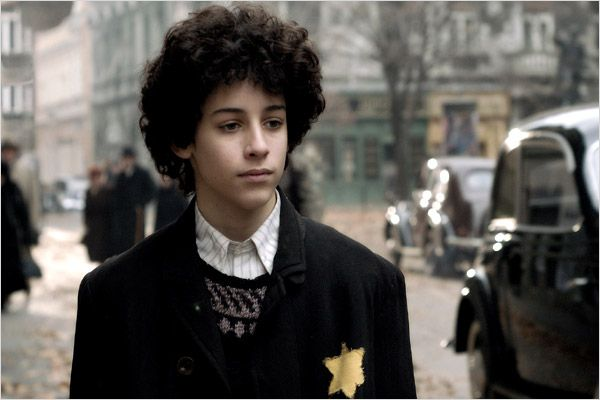
Semi-autobiographical story about a 14-year-old Jewish boy from Budapest who, in 1944, was separated from his family and sent to the Nazi concentration camps of Auschwitz and Buchhenwald ... Debut in the direction of the famous director of photography Lajos Kolati, with a script no less than Nobel laureate Imre Kertész about his own novel

